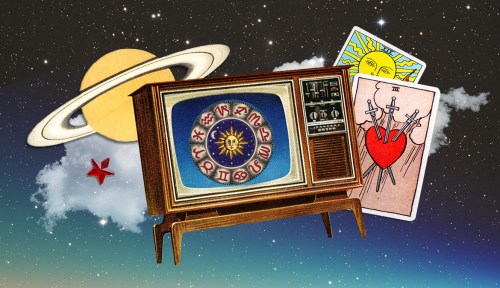Merriam-Webster defines rejection as “the act of not accepting, believing, or considering something.” And though rejection is a normal part of life that all people experience—whether at work, in friendships, in romantic relationships, or elsewhere—being on the receiving end of it can still hurt and require time for processing and moving forward. Part of why rejection can sting so deeply is because people are wired for connection, and connection is built through acceptance and belonging—so when you are rejected, it can feel personal. But, that’s simply not the case. Not only is it possible to learn how to not take rejection personally, but you can also work toward embracing rejection as a redirection that might actually be a boon to your self-esteem.
The first thing to understand about rejection is that often, people are rejected for reasons that have nothing to do with them. We all have a desire to be liked, but what we must understand is that likeness involves preferences. When we meet people, we are making a judgment of their character, personality, and values in order to determine if we see a future friendship or relationship with them. We judge this by our own metrics that we created to ensure that they are a good match for our personality, values, and beliefs. The likelihood that every person you meet will be an exact match for you is highly implausible, therefore, we accept some, and reject the rest.
The first thing to understand about rejection is that often, people are rejected for reasons that have nothing to do with them.
In this way, rejection is essentially a natural filter that we each apply to our lives to varying degrees—you simply can’t be best friends with every person you meet, for example. But even so, the inclination to feel slighted when you’re the subject of rejection rather than rejector is common, and some feel it to a stronger magnitude than others. One such group of people who are apt to take rejection more personally than others are those have a fear of abandonment. (This might mean you were the victim of childhood bullying, neglect, or abandonment; were belittled by a parent; or had unmet emotional needs from a parent or partner.)
So, when we look deeper, rejection sensitivity can often stem back from childhood, which means that learning how to not take rejection personally can require you to repair your rejection wounds. The good news is there are mental tools to help you with this.
1. Heal your inner child
Sometimes, dealing with rejection can bring us back to painful childhood memories of feeling abandoned, unloved, and uncared for. This visit to the past may be a sign that your inner child is seeking love and care.
If this resonates with you, try the following exercise. Find a photo of your younger self and write them a letter using this prompt: “Dear self, I want you to know that you are cared for and protected. Here are the different ways that I have taken care of you over these years…”
2. Validate yourself
If you struggle with confidence, rejection may hurt even more. In this case, in order to not take the rejection of others personally, work to build your confidence in yourself and in your abilities. When you can validate yourself, you build strength and resilience.
To help you, journal using this prompt: “I affirm that I am deserving of…”
3. Grieve, but keep showing up
Being rejected can make us isolate ourselves from new experiences, but that is not helpful or healing—it’s self-sabotage. You have permission to grieve and process your emotions after being rejected, but make sure you are giving yourself permission to try again. This is how we heal, grow, and evolve. You cannot outrun adversity; instead, you can allow adversity to help you develop mental strength and resilience when things get hard.
Coming to terms with being on the receiving end of rejection—and crucially understanding that it is not personal—may require a look inward. In doing so, we’ll be able to better understand that each of us also rejects others and that the reason we’re often inclined to take rejection personally is because of deep-seated personal issues. Embracing this reality will better equip us to not feel under attack when rejected but instead realize that the other person simply noticed a mismatch in needs and values and made a choice to be honest rather than force a relationship.
In this way, rejection is a positive; it allows for only the most authentic of two-way relationships in all spheres of life to take hold. And that, in turn, means no energy is wasted on relationships of lacking or diminished value.
Sign Up for Our Daily Newsletter
Get all the latest in wellness, trends, food, fitness, beauty, and more delivered right to your inbox.
Got it, you've been added to our email list.











